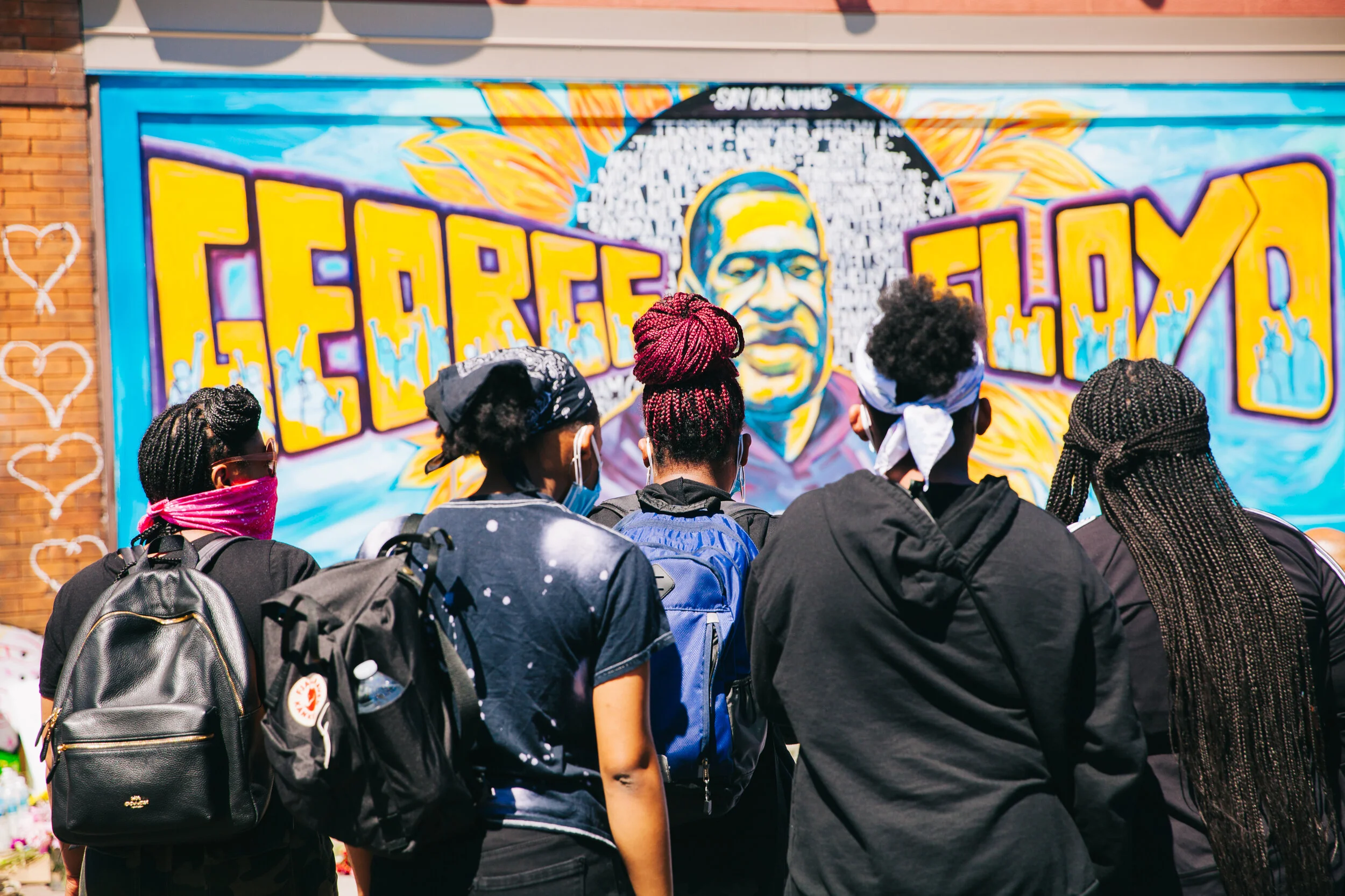This Funder is Laser-Focused on Immigration. Have You Heard of It?
/a katz/shutterstock
How can philanthropy support immigrants in a country that elected a blatantly anti-immigrant president? That’s a question lots of funders have been asking themselves since last November, setting off a flurry of rapid response giving. Grantmakers in the mix include national outfits like the Open Society Foundations and Ford, as well as local and regional funders like New York Community Trust and a whole host of California funders. Interestingly, though, there are very few funders around that focus exclusively on immigrants and migrants.
Unbound Philanthropy is one that does.
Founded in 2003 and only acquiring its first staff member in 2008, Unbound Philanthropy hasn’t been around for too long. But its laser focus on the immigration issue, and how communities can welcome the newcomers in their midst, well pre-dates the Trump phenomenon. That puts Unbound in a good position to capitalize on new energy in the funding community around immigration.
As executive director Taryn Higashi describes it, the organization's goals aren't partisan or political. Higashi, who previously led Ford’s grantmaking on migrant and refugee rights, described to me Unbound's mission in broad terms, talking about the opportunities "for philanthropy to contribute to humane and forward-looking policies in the migration field,” thereby “protecting human dignity and developing culture and policies for the common good.”
Still, it's hard to avoid fierce policy combat these days for any organization working in the immigration field—which has become exponentially more polarized since Unbound was founded. Back then, during the Bush years, many top Republicans supported the goal of humane immigration reform. (Many still quietly do.)
Unbound funds a wide variety of approaches that include traditional legal aid for immigrants, grassroots activism, and more innovative projects around culture change and immigrant integration. This funder has taken significant fire from the right, especially Breitbart.com, which has said it gives to "radical groups pushing a pro-illegal immigration agenda."
Unbound last reported assets approaching $200 million and made $61.2 million in grants between 2005 and 2016. A portion of its grants support immigration work in the U.K. Funding from the organization comes from William Reeves, a financier who co-founded BlueCrest Capital Management, a hedge fund which manages tens of billions of dollars for institutional investors around the world. Reeves is also on the board of Third Way, a centrist think tank in Washington, D.C., and also a co-founder of the Learning Coalition, which seeks to improve public schools in Hawaii.
While Unbound might lack the financial clout of funders like Ford and Open Societies (or of stridently anti-Trump billionaires like Pierre Omidyar and Republican immigration donor Mike Fernandez), it can bring a lot of money to bear on a single issue area. Also, Unbound seeks to leverage its resources by working in collaboration with other funders. It often pools grant money with other funders or coordinates its grants closely with them.
Among grantmakers and nonprofits concerned with immigrants, Unbound has stepped into a prominent role. Unbound was the first institutional funder of the United We Dream Network, which has become one of the nation’s leading immigration activist organizations. Giving immigrant youth a way to weigh in on policy, United We Dream reflects one of Unbound’s funding priorities: that “communities most impacted by policies should be empowered to be spokespeople and active in civic debates that affect their lives.”
Higashi also emphasized another one of Unbound’s core values: “Promoting an atmosphere where people who are immigrants, refugees, and native-born residents can find common ground and shared prosperity.” The strategy, here, is to focus on projects that build public understanding across cultural and racial divides, as well as to better integrate immigrants into the wider community. To that end, Unbound was also a founding investor in Welcoming America, a grassroots collaborative operating in 80 municipalities.
This funder takes the cultural component of its mission seriously. Alongside the Nathan Cummings Foundation, the Ford Foundation, the JPB Foundation and the General Service Foundation, Unbound is currently backing a “Pop Culture Collaborative.” The goal of the $25 million fund is to leverage philanthropic resources toward entertainment, advertising and media to “popularize authentic, just narratives about people of color, immigrants, refugees, and Muslims that together tell a powerful story of how we all belong in America.” The Pop Culture Collaborative is slated to release its first set of grants shortly. We’ll be keeping tabs.
Unbound is also a prominent donor to the Four Freedoms Fund (FFF), an immigrant funding collaborative that’s been around since 2003. During her time at the Ford Foundation, Higashi helped get FFF off the ground, and it’s distributed nearly $100 million since. Four Freedoms is a project of NEO Philanthropy, a unique organization that’s been a focal point for collaboration among social justice funders. Joining Unbound in supporting FFF are Ford, the Carnegie Corporation, the Evelyn and Walter Haas, Jr. Fund, Open Society, the Oak Foundation, and the JPB Foundation, among others.
Related: Inside NEO Philanthropy: An Unusual Funding Group Works to Unify the Social Justice World
FFF was created partly in response to funder concerns that you can’t provide a better life for immigrants by focusing on federal policy alone. That has become painfully obvious under Trump, prompting a greater focus on state and local opportunities for progress. Unbound wants to invest in leaders, organizations and networks that can anticipate and address rapid new developments in immigrant and refugee-related issues on the ground.
Whether on the legal end, through nonprofits like the Catholic Legal Immigration Network, or through the many community foundations standing up for immigrants these days, the local approach is gaining steam. For the midwest’s Bush Foundation, SVCF, and even some corporate funders like the Levi Strauss Foundation, a lot of funding for immigrants is coalescing around local approaches. Unbound Philanthropy is one national funder very much attuned to that reality.
Says Higashi, “[Immigration-related philanthropy] is responding to a need for expertise over the long term, as well as a shift to field-building.”
Related:







































